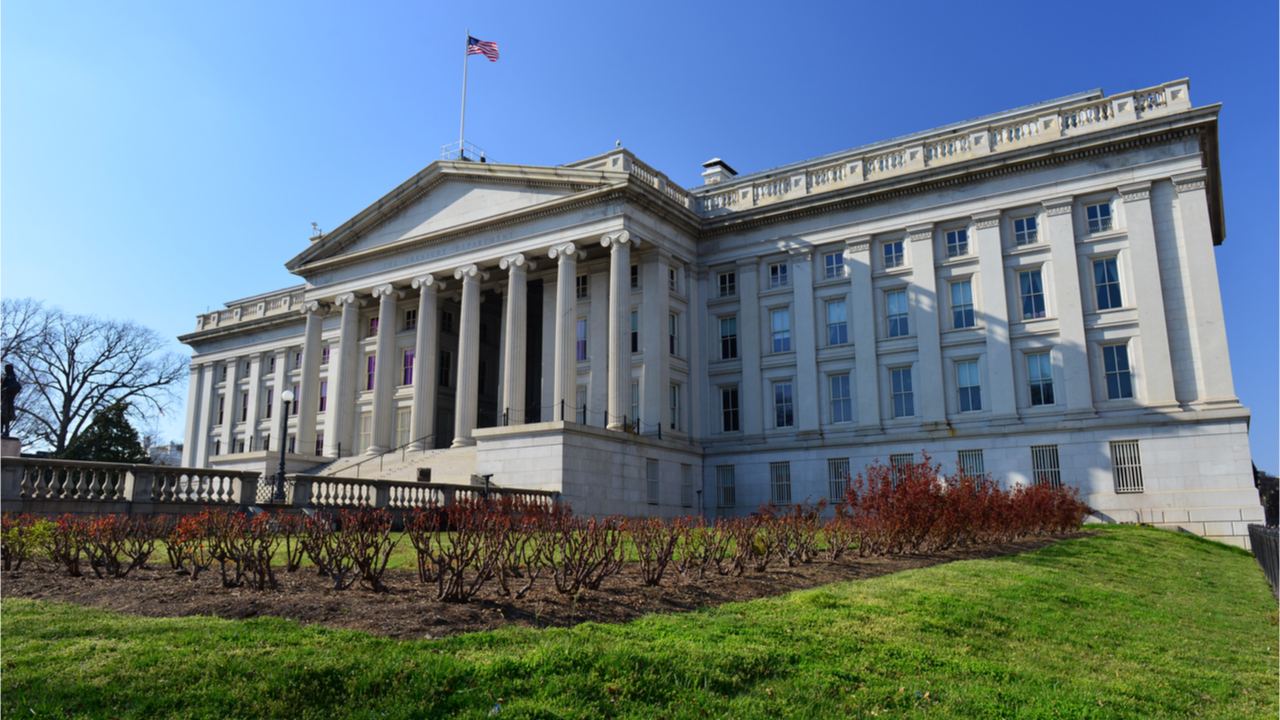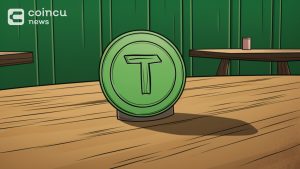US Treasury Department Announces New Stablecoin Regulations
“If Congress doesn’t pass the law, regulators will try to use their powers,” said Nellie Liang, an official with the US Treasury Department.
Messages
The Department of Homeland announced new legislation for stablecoins on December 17th. Treasury Secretary Nellie Liang encourages further speculation about regulatory stablecoins, commenting that investors ‘potentially take great risks’ when using stablecoins.
Following the November 2021 Financial Stability Oversight Council’s report on stablecoins, the Treasury Department’s chief financial regulator stated, “If Congress fails to pass the law, regulators will try to use their powers.”
The Treasury Department has limited powers as the regulation of widespread stablecoins cannot be done without the support of a congressional agency. “You can do a little bit here and there, but if those things are fundamental and volatile for crypto assets, it could be a huge risk,” Liang said of the managerial powers.
The preferred choice of leveraged users and scalpers, stablecoins help traders get in and out of crypto assets. Tether (USDT), the largest stablecoin with a market capitalization of over $ 75 billion, has been scrutinized many times.
In its most recent report in March this year, Moore Cayman, an accounting network based in the Cayman Islands, claimed that Tether Holdings Confined’s USDT stablecoin tokens are fully covered by its reserves. However, its widespread use remains a matter of concern to policy makers.
Regulators claim that an investor running on stablecoins can devastate the market, while an absolute collapse in market size could disrupt traditional financial markets if such a settlement takes place. As a result, commentators like Mark Cuban see 2021 as the year of stablecoin regulation.
Liang’s comments suggest that Congress and the Treasury Department may have a hard time when it comes to regulating stablecoins. In its November report, the Financial Stability Oversight Council said it was ready to take its own action against stablecoins if Congress fails to pass the law.
Her remarks echo those of Federal Reserve Chairman Jerome Powell. At the Federal Open Market Committee (FOMC) meeting last Wednesday, he stated that “Stablecoins can certainly be a useful, productive, and consumer-friendly part of the financial system” if properly managed. And now they are not. “”
Related: Senate Hearing On Stablecoins: Compliance Fear And Republican Opposition
The Congress remains divided, however. Senator Elizabeth Warren of Massachusetts has a tough nose approach “Stablecoins pose a risk to consumers and our economy. They support one of the worst parts of the crypto world, DeFi, where consumers are least protected from fraud. Our regulators must seriously intervene before it’s too late. ”
Contrasted with Senator Pat Toomey for Pennsylvania welcome Stablecoins as “an exciting new technology that creates opportunities for faster payments, expanded access to payment systems, programmability, etc.”
Oddly enough, advocates of Bitcoin (BTC) and crypto in general would argue that any regulation of the stablecoin space is a case where the door to stability closes once the horse starts. Dylan LeClair, a famous Bitcoin analyst, inquirysince stablecoins are “bulls’ preferred collateral” which is “very cool”.
In addition, Alex Gladstein, Chief Strategy Officer of Human Rights tweeted that “Stablecoin is a bridge to the near future where Bitcoin users can – if they wish – lock any currency in a mobile app in a KYC-free way outside of the banking system, without altcoins, with instant global cheap payments. “In this sense, stablecoins are a stepping stone for wider acceptance of Bitcoin.






















